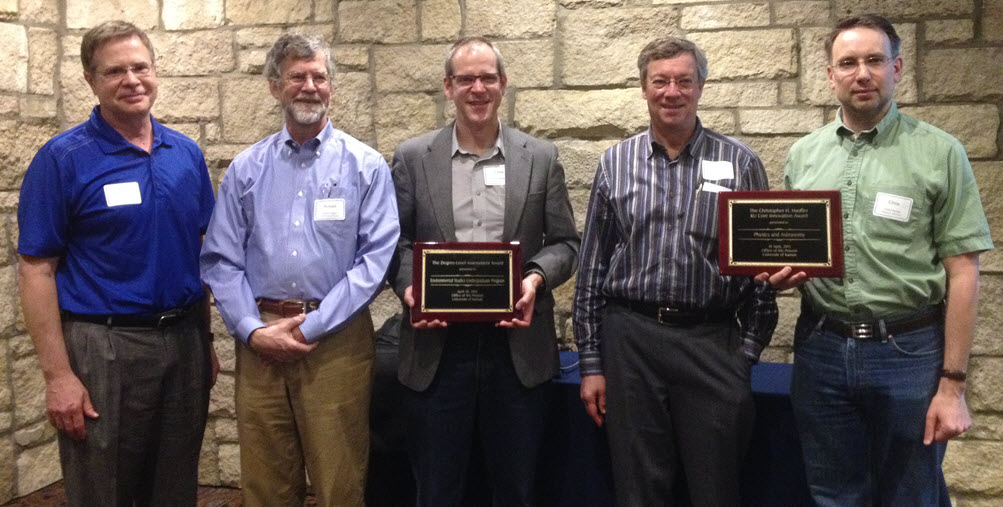Those halfhearted students? They may just be good scientists.
Those halfhearted students? They may just be good scientists.
Saundra McGuire urges faculty members not to judge students’ abilities too quickly or too harshly.
She speaks from experience. As a chemistry professor at Cornell and Louisiana State universities, she used to make snap judgments about her students, separating them into achievers and non-achievers.
Then she realized that those students who skipped class and didn’t study but then acted surprised at bad grades were “just being good scientists.”
